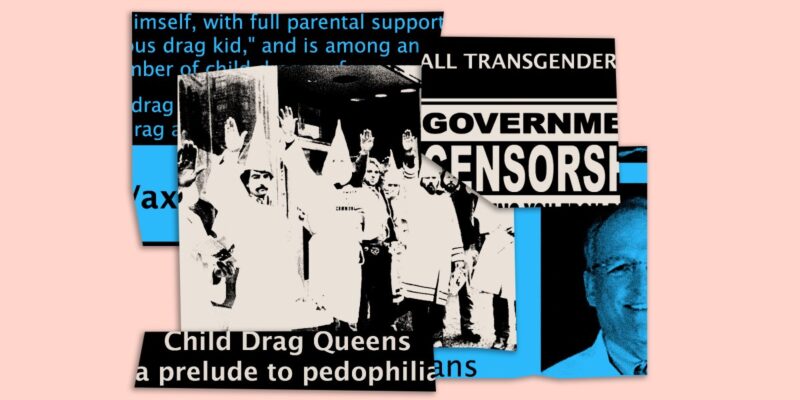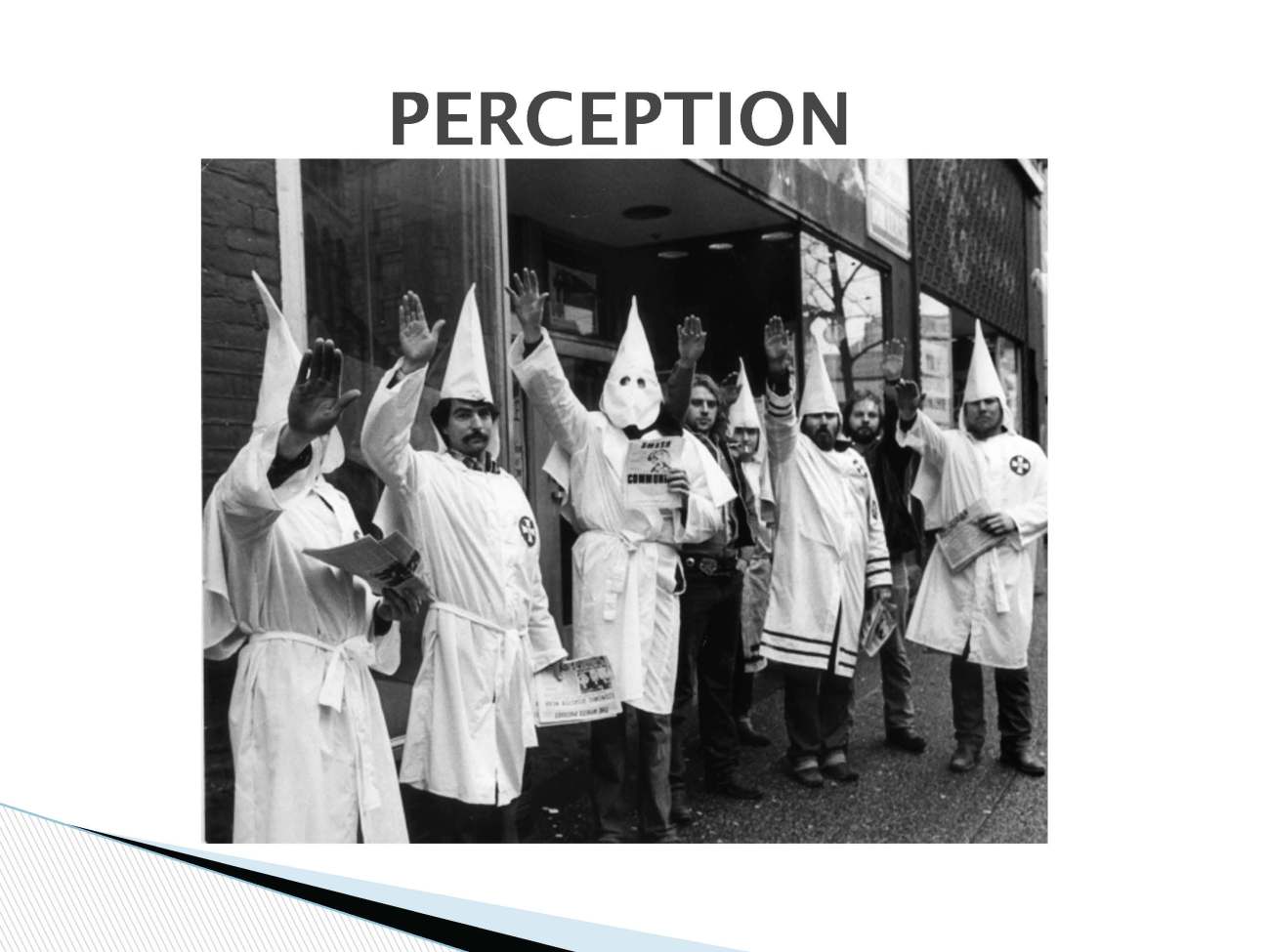
Michelle Cretella had a problem. In 2018, Cretella, then-president of the American College of Pediatricians, was speaking to the group’s board of directors about a reputation crisis she’d been trying to shake for years, ever since the Southern Poverty Law Center had put ACPeds on its hate group list.
The organization had been small since its beginnings in 2002, when 15 doctors met in Boston to discuss splintering away from the American Academy of Pediatrics, the mainstream professional association, in protest of the academy’s support for same-sex couples adopting children. In the years since, ACPeds had found a lane on the religious right using its aura of medical authority to pump out position statements and amicus briefs on a range of social issues—taking stances against abortion and same-sex marriage, and in support of conversion therapy for queer youth and disciplinary spanking for children. Its work provided fuel for Christian right power centers like the Heritage Foundation, a major think tank that often cites ACPeds’ statements to back up its conservative political agenda, and the Alliance Defending Freedom, the legal organization behind many major anti-LGBTQ and anti-abortion laws and lawsuits.
But in 2018, with the hate-group label dogging it, ACPeds still faced the same old problems: Only a few hundred doctors had joined its cause, compared to the 67,000-strong AAP. And ACPeds was little-known outside its circle of policy and legal allies, aside from its reputation for anti-LGBTQ extremism. In one slide of Cretella’s presentation, labeled “What Our Friends Think of Us,” she showed directors a picture of Justice League superheroes. But in another, titled “Perception,” she showed them a picture of the KKK.


Last month, thousands ACPeds internal documents were exposed on an unsecured Google Drive, shedding new light on the organization’s inner workings and its relationships with other groups currently working to curtail bodily autonomy, whether during pregnancy or gender transition. The 19-plus gigabytes of files include financial records, membership lists, and notes from over two decades of internal meetings, as well as sensitive employee data and login information for ACPeds accounts across the internet. One or more hackers also vandalized ACPed’s listing on Guidestar, a database of nonprofits, and modified an ACPeds-affiliated website that pushed conversion therapy for queer kids, rewriting it to instead distribute the internal documents. In a statement, executive director Jill Simons described it as “a malicious cyberattack”; the organization declined to answer further questions from Mother Jones.
The documents provide a treasure trove of information about the tactics and ideology of a group that has long played a supporting role in the conservative culture wars. Wired, which first reported on the leak, spotlighted ACPeds board meeting minutes from 2017 that identified “threats to the College,” including “mainstream medicine, psychology, academia, media, corporate America and nominal Christians, churches and organizations.” The Texas Observer dug into one email chain, saved under the file name “HOW TO DEFUND TRANS PEDIATRICS,” that showed how a Republican donor pressured a Dallas-area children’s hospital to turn away transgender patients.
According to an agenda for the spring 2018 board meeting, an ADF attorney had recently told ACPeds that “it was best that the College was not religiously affiliated in order to provide maximum benefit for our message.” Yet the gathering, at a Hilton Garden Inn in Atlanta, began and ended with a prayer. Cretella delivered her report, outlining a need to recruit more doctors and acquire funding. With an annual budget of around $140,000, only a couple of support staff, and the hate-group label clinging to them, ACPeds had a hard enough time getting members to pay their dues, much less recruit new colleagues. According to meeting minutes, ACPeds relied on in-kind donations from higher-profile right-wing groups—media training from Alliance Defending Freedom, messaging advice from Heritage, and free video production through its close relationship with Family Watch International, a Christian fundamentalist group known for its founder’s opposition to decriminalizing homosexuality.
What’s more, Cretella told the directors, she was feeling burnt out. A document listing her responsibilities from around that time included speaking to journalists and radio hosts, researching and writing in opposition to bills to ban conversion therapy, and acting as a “sole reviewer of amicus briefs for ACPeds.” She also pursued donations from groups like Legatus, an association of Catholic businesspeople, and a potential deal with Signal Health, a software service for doctors offices that was considering putting ACPeds content on waiting room TVs, according to board meeting minutes.
Cretella told the board she fielded daily emails from parents, reporters, and right-wing groups, who most often inquired about trans and queer issues. Trans issues, in fact, were one of the main areas where ACPeds was gaining traction. According to a copy of her slides and meeting minutes, Cretella informed the board that the transgender movement had reached “a tipping point” after the Supreme Court legalized same-sex marriage. She said that the movement signified “impending tyranny,” would change “what it means to be human,” and would “forcibly eliminate” religion and free speech. Consider the 2018 New York City Pride parade: A 10-year-old kid who liked to dress up in drag would be marching with the support of their parents—“a celebration of pedophilia,” Cretella’s presentation called it.
So she shared a “message of hope” with the board: ACPeds was showing up for this fight. Andre Van Mol, who helped lead ACPeds’ committee on adolescent sexuality, was already recruiting anti-trans allies in California. (“We find friends in unlikely places,” Cretella’s presentation stated. “Trans ideology has LGB enemies.”) According to the group’s board minutes, Cretella touted “the College’s collaboration with an unlikely group: radical feminists,” who “are concerned about the use of hormones in children with Gender Dysphoria and are helping the College with this battle.” And amid political and legal fights over whether trans kids should be banned from using public school restrooms that match their gender identity, incoming ACPeds president Quentin Van Meter—a pediatric endocrinologist referred to in meeting minutes as “the bathroom expert”—gave lectures in the US and overseas and filed court briefs critiquing the transgender movement.
Cretella herself had become a prolific public speaker and writer, arguing that providing trans kids with gender-affirming medical care amounted to “child abuse.” YouTube banned a video—in which she equated transgender identity with mental illness—for violating the platform’s policy on “hate speech,” according to the Daily Signal, a Heritage-affiliated news site that had produced the video.
Separately, the Society for Adolescent Health and Medicine called one of Cretella’s Daily Signal articles “vitriolic deception” based on “medical omissions, circumstantial facts, hateful interpretation and peripheral context.” Among the claims SAHM debunked was Cretella’s statement that “twin studies prove” no one is born transgender. In fact, the very study she cited found that in 20 percent of identical twin pairs in which at least one twin identifies as transgender, the other twin identifies that way, as well—”far above the gender dysphoria national average of 0.3 percent,” the society wrote. (Cretella did not respond to a request for comment.)
“Getting the message out is our duty and privilege,” Cretella’s presentation to the board said. “We’ve read the Book. We know we’re on the right side of history.” The board agreed that when her term as president expired that summer, she would stay on as executive director at a salary of $20,000, and they voted to bump her pay to $25,000 later that year. ACPeds’ IRS forms through at least 2020 do not disclose that she was compensated, however. Brian Mittendorf, an Ohio State University professor who specializes in nonprofit accounting and who reviewed the ACPeds forms at the request of Mother Jones, says payments to an executive director “should definitely be reported.”
Mittendorf also noted the seeming contrast between ACPeds’ outsized reputation and its tiny budget. “Their financial capacity is such that it’s surprising they would have a national footprint,” he said.
Some of the organizations that help amplify ACPeds’ message are lining up behind the group in the wake of the leak. “The recent hacking of the @ACPeds shows the desperation of the woke side,” tweeted Tony Perkins, the Family Research Council president. “One of our most important allies, American College of Pediatricians (ACPeds), is still reeling from several vicious online attacks,” the Heritage Foundation wrote in a fundraising email. The Daily Signal ran an interview with Simons, who called the exposure of the documents and subsequent hacking attempts “illegal bullying tactics that amount to a hate crime.”
Simons told the Daily Signal that she believed the attack was related to ACPeds’ current role in a closely watched anti-abortion lawsuit against the FDA, in which the group is seeking to eliminate access nationwide to the abortion pill mifepristone. ACPeds, in addition to being a co-plaintiff in the case, is also a founding member of the Alliance for Hippocratic Medicine, which is serving as the lawsuit’s lead plaintiff. The complaint, which was filed by ADF—along with the ruling of a lower-court judge who accepted its arguments—have been widely panned for cherry-picking and mischaracterizing research to claim, falsely, that mifepristone causes high rates of serious complications. In reality, over 100 studies have concluded the medication is effective and safe; it was approved by the FDA more than two decades ago and was used in the majority of US abortions as of 2022.
ADF senior counsel Erik Baptist declined to comment on the ACPeds files. He said that in the mifepristone case, “the FDA chose to cherry-pick and rig the data, and the courts correctly admonished the agency for its unreasonable decisions.”
Today, five years after Cretella’s board presentation spotlighting the “impending tyranny” of the transgender movement, ACPeds members commonly show up at state legislatures, courts, and other official venues to testify in favor of bans on gender-affirming medical care for trans kids. (Such care typically involves puberty blockers for pubescent children or hormone therapy for teenagers, and is supported by mainstream medical associations, including the American Academy of Pediatrics.)
As Mother Jones reported in a March investigation revealing the previously undisclosed emails of a secretive anti-trans working group, ACPeds leaders including Cretella and Van Mol helped shape language and messaging for the first wave of bills to ban transition-related care for youth in 2020. In Alabama, one of the first states to pass a ban, at least four ACPeds members—Den Trumbull, Scott and Susan Field, and Bill Whitaker—testified in support of the legislation, according to an ACPeds committee’s report to the board. And last year in Florida, when the DeSantis administration wanted to end Medicaid coverage for transgender health care, the state paid Van Mol at least $15,104.55 and Van Meter at least $12,417.28 to provide “expert” reports and reviews on the topic, as Health News Florida reported. Van Mol sent a Florida agency a lengthy compilation of citations and talking points making a case against gender-affirming care—a version of a document labeled “Opus” in the exposed Google Drive. When the state agency was sued for discrimination, it brought in ACPeds founder Joseph Zanga as an expert witness.
Meanwhile, some ACPeds members have had their testimony on transgender issues limited in court. One of them, Paul Hruz, a professor at Washington University in St. Louis, has acted as an expert witness in cases related to gender-affirming care in Arkansas, Florida, and North Carolina. Yet in the North Carolina case, a judge barred vast swaths of Hruz’s statements, finding that he was “not qualified to offer expert opinions” on the diagnosis and causes of gender dysphoria or the effectiveness of mental health treatments for it. The judge permitted Hruz, a pediatric endocrinologist, to speak only on the risks of prescribing hormone treatments to teens and adults. “His conspiratorial intimations and outright accusations sound in political hyperbole and pose a clear risk of inflaming the jury,” the judge wrote, explaining he was blocking Hruz’ statements about “Cancel Culture”; “transgender and allied political activists”; and the “Transgender Treatment Industry.” Hruz did not respond to a request for comment.
One of the claims Hruz had tried to make in that case was that “the vast majority of children who report gender dysphoria” will “grow out of the problem…and willingly accept their biological sex.” That claim is based on “old studies on gender identity with outdated and overbroad definitions of gender diversity and gender dysphoria,” explains Meredithe McNamara, an assistant professor of pediatrics at Yale. “Older studies would classify ‘tomboys’ and self-identified males with effeminate traits as those with gender dysphoria.” Yet ACPeds’ position statement on gender dysphoria in youth repeats the claim six times. That part of its position statement has in turn been cited by the Promise to America’s Children coalition—an active anti-trans campaign led by Heritage, ADF, and the Family Policy Alliance, the lobbying arm of Focus on the Family.
ACPeds is a “foundational resource of disinformation,” says Heron Greenesmith, a senior research analyst at Political Research Associates who tracks anti-LGBTQ organizing. “When the Heritage Foundation writes something, or when the Family Policy Alliance writes something about the dangers of trans-affirming care for youth, or the dangers of abortion? Either they directly cite to ACPeds, or it’s one or two clicks away.”
Yet the narrative ACPeds pushes has taken hold: Seventeen states have so far passed laws banning gender-affirming medical care for youth. Those bills have sparked nine court challenges, with judges placing temporary holds on bans in Alabama, Arkansas, and Missouri. The fate of mifepristone is currently pending at the Fifth Circuit.
As for Cretella, the burnout won. She resigned from the position of executive director in late 2021, along with the group’s communications and executive administrators. “I cannot recommend my position to anyone,” a summary of her exit interview reads.
For a time, Van Meter stepped up to replace her, along with Simons, a pediatrician affiliated with Children’s Minnesota and Mercy Hospital. For now, Simons runs the show. “Although the title no longer says ‘interim,’ I still very much consider my job an interim position,” she wrote in a January update to board members.















